Erin Miller, Reading and Elementary Education, UNC Charlotte
On a global, national, and local level, it is not difficult to find examples of overt racism. Recently growing numbers of white supremacist groups, an epidemic of mass incarceration of people of color, the continued legacy of police terror and brutality against black and brown people, rising Islamophobia, hostile immigration policies, and mass murders targeting people of color at malls and churches are all examples of contemporary racism.
Less clearly visible, however, is anti-racism. What exactly is anti-racism? Do historical and contemporary social movements, such as The Civil Rights Movement and Black Lives Matter, bind anti-racism to a few iconic leaders and visible social protests? Or, is anti-racism an everyday phenomena? Does it have a well-defined ideology and political strategy? Is it malleable across temporal and geographic contexts? Can white people be anti-racists? Can teachers or should teachers be anti-racist? If so, what would their teaching look like?
These are the key questions that will guide this CTI class. Launching the inquiry into these questions will be a close read of Alex Zamalin’s (2019), Anti-Racism: An Introduction. The seminar will primarily focus on anti-black racism since this has been “the most expansive, historically durable, and salient form of racism” (Zamalin, p. 7). There will be a 2-3 other articles we will all read and discuss (noted with an **).
With an understanding of the theoretical contours of anti-racism and the inter-disciplinary nature of antiracism (antiracism as visual art, theater, poetry, and music), teachers will be guided as they launch their own investigation into and subsequent unit development about anti-racism. To connect our study of anti-racism to pedagogical contexts, there will be a menu of readings that teachers can self-select depending on their teaching contexts, grade levels and individual interests. (Note: It is possible that some of the authors listed below will be able to lead a seminar). Reading are not limited but include:
Joyce King and Ellen Swartz, “The Afrocentric Praxis of Teaching for Freedom: Connecting Culture to Learning”
Gloria Boutte,“Educating African American students: And How Are the Children?
Jamila Lyiscott, “Black Appetite. White Food”
Janice Bains, Carmen Tisdale and Susi Long, “We’ve been doing it your way long enough: Choosing the culturally relevant literacy classroom”
Carol Anderson, “White rage: The unspoken truth of our racial divide”
Bettina Love, “We want to do more than survive: Abolitionist teaching and the pursuit of educational freedom”
Sam Tanner, “Whiteness, Pedagogy and Youth in America: critical whiteness studies in the classroom”
*James Baldwin, “A talk to teachers”
Alda M. Blakeney, “Antiracist Pedagogy: Definition, Theory, Purpose and Professional Development”
Interview with Ta-Nehisi Coates, On Being
bell hooks, “Teaching to transgress: Education as the practice of freedom”
Darlene St. Clair and Kyoko Kishimoto, “Decolonizing teaching: A cross-curricular and collaborative model for Teaching about race in the university”
*Clint Smith, “Why James Baldwin’s ‘A talk to teachers’ remains relevant 54 years later”
“There is No Apolitical Classroom”: National Council of Teachers of English
Annee Wagner, “Unsettling the academy: Working through the challenges of anti‐racist pedagogy”
Julie Kailin, “Antiracist Education: From Theory To Practice”
Mark Perry, “Walking the color line: The art and practice of anti-racist teaching”
Matthew Kay, “Not Light, but Fire: How to Lead Meaningful Race Conversations in the Classroom”
Thompson, A. (1997). For: Anti‐Racist Education.
Rigby, K. & Ziyad, H. (2016, March 31) White People Have No Place In Black Liberation. [Blog post]. Retrieved from https://racebaitr.com/2016/03/31/white-people-no-place-black-liberation/
Seminar Participants:
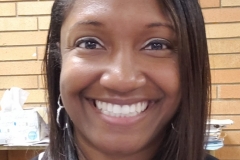



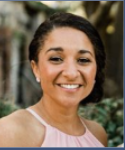





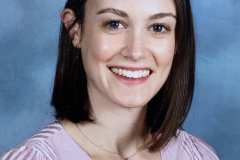

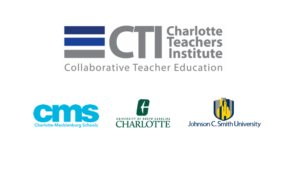
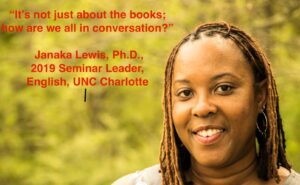
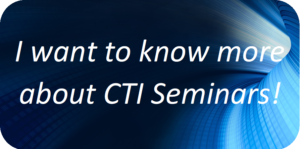
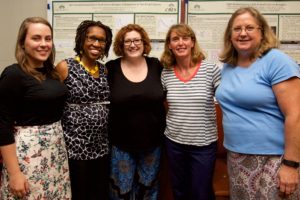
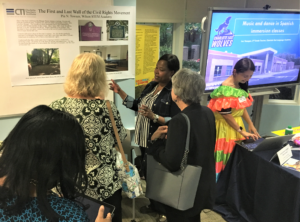
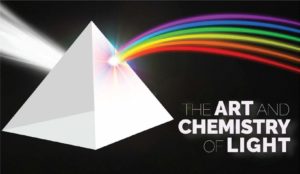




 Home
Home